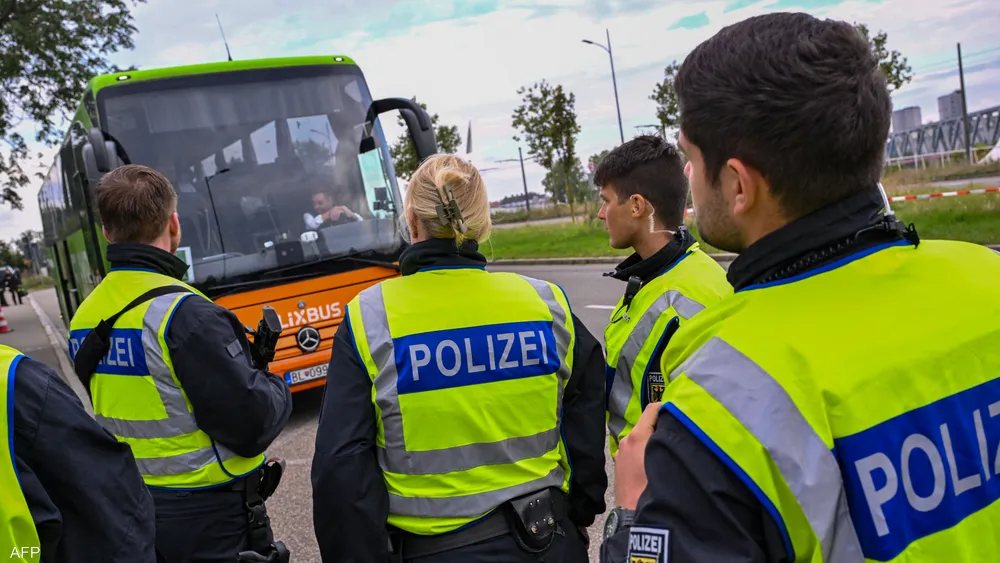Poland’s government has accused Catholic bishops of stirring anti-German sentiment after they criticized the border controls imposed by Germany and offered prayers for citizens guarding the frontier. The Polish government has lodged a complaint with the Vatican over the bishops’ actions. Deputy Chairman of the Polish Bishops’ Conference, Józef Kupny, urged his fellow bishops not to take sides in any political dispute.
The leader of the pilgrims’ group had described the Polish government as being German, speaking to the nationalist Catholic Radio Maryja, and said that the country is “ruled by people who call themselves Germans.”
Bishop Antoni Długosz also called, via the pilgrimage website, for prayers for the volunteers guarding the border, as far-right groups patrol the frontier with Germany to prevent the return of migrants from Germany to Poland.
According to the Polish News Agency, the Bishop of Włocławek warned in a sermon against irregular migration, speaking of threats to Poland’s borders from both the west and the east — a reference to the border controls imposed by Germany, which have caused concern in Poland over the possible return of migrants to the Polish border.
The Polish government submitted a complaint to the Vatican’s Chief of Protocol, with the Ministry of Foreign Affairs requesting that the Vatican punish the two bishops who had stirred anti-German sentiment. In its complaint, the Polish government stated that “the bishops’ remarks are hurtful and unacceptable, undermine good Polish-German relations, damage the government’s reputation, and represent a clear endorsement of nationalist circles.”
Poland’s foreign minister also criticized the bishops’ claims about Germans being in the Polish government, saying their statements violated the 1993 agreement between Poland and the Vatican. He noted his own family’s connection to Germany, mentioning that one of his uncles had been imprisoned in the Dachau concentration camp.
The head of the Polish Bishops’ Conference warned of growing tensions in relations with Germany, calling for tolerance, just as Polish bishops did toward their German counterparts in 1965 when they wrote to them, “We forgive and ask for forgiveness,” as a gesture of reconciliation after World War II.





